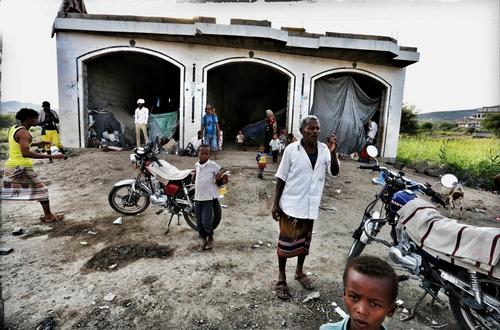During the 1990s, MSF teams made a bitter observation: we were failing to treat some of our patients suffering from infectious diseases, while in developed countries, remarkable progress was being made in the field of health. Two decades on, medicines in developing countries are still either too expensive, aren't suitable to be used in many of the contexts in which we work (for example, in hot, humid conditions or where there's a lack of electricity), or simply don't exist for the diseases we need to treat.
In 1999, we launched the Campaign for Access to Essential Medicines, now known as the Access Campaign. Its mission focuses on three areas: overcoming barriers to access to essential medicines, stimulating research and development for neglected diseases, promoting health exceptions to global trade agreements.
In 2003, MSF joined several research institutes, including the Institut Pasteur, to create the Drugs for Neglected Diseases initiative (DNDi), a non-profit research and development organisation engaged in research and development of new treatments for neglected diseases.
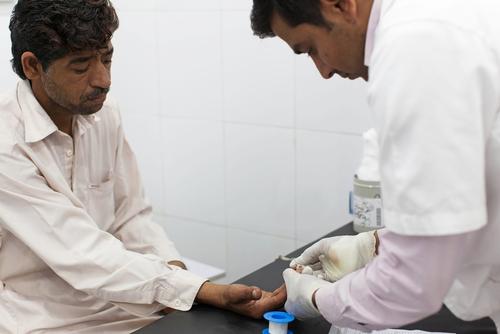
MSF joins Europe-wide action challenging patent on key hepatitis C drug

Fewer than five per cent of people in need are treated with new drugs
Dilemmas in access to medicines: a humanitarian perspective
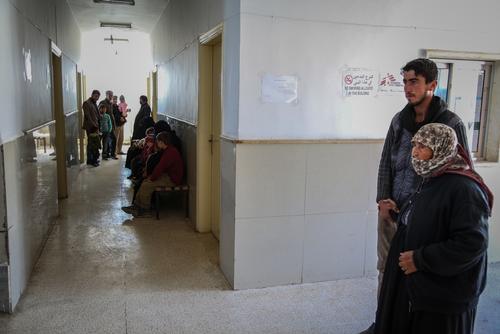
Bringing aid close to the frontline

The war has left tens of thousands of children unvaccinated
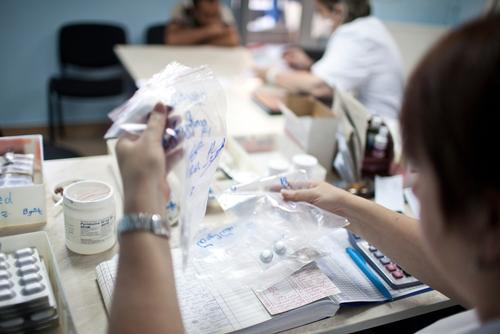
endTB partnership launches clinical trial to target toughest strains of tuberculosis
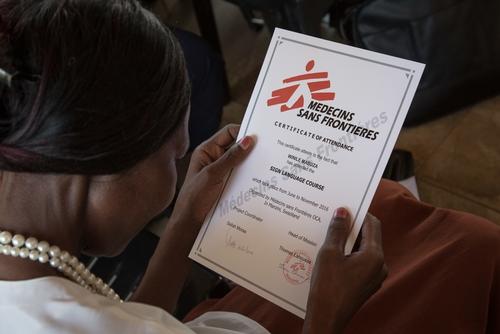
For patients with XDR-TB, treatment is a gruelling journey with severe side effects
When free is not fair: the case of vaccine donations
